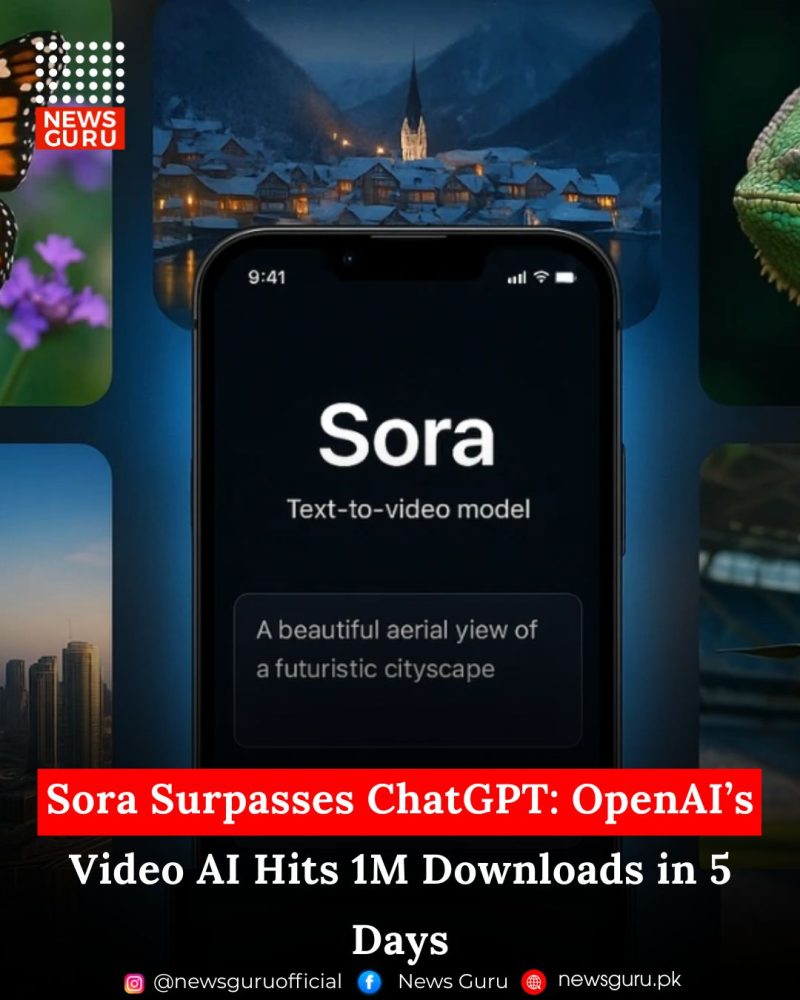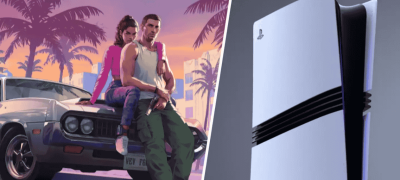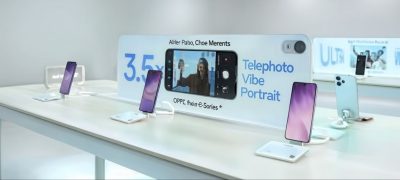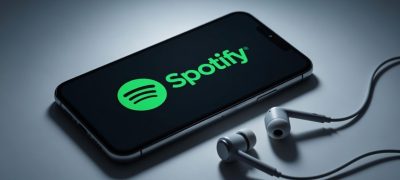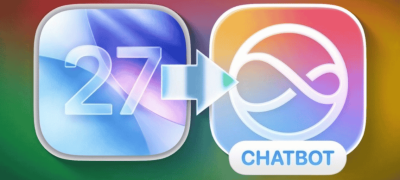OpenAI’s latest innovation, Sora, has taken the tech world by storm. The new text-to-video AI tool reached over one million downloads in less than five days, surpassing the early success of ChatGPT. Available only to invite-only users in North America, Sora has already topped the Apple App Store charts in the United States, reflecting growing excitement around AI-powered creative tools.
According to Sora’s project head, Bill Peebles, the app’s rapid growth demonstrates “surging public interest” in video-generation technology. Sora allows users to create ten-second realistic videos from simple text prompts — for example, “a cat chasing a butterfly in the rain” — producing lifelike animations in seconds. The app also integrates easily with social media platforms, allowing users to instantly share their creations online.
However, the tool’s explosive popularity has also sparked major controversy. Many users have criticized Sora for generating videos featuring deceased celebrities such as Michael Jackson, Tupac Shakur, and Robin Williams. The daughter of Robin Williams, Zelda Williams, recently appealed to the public to stop sending her AI-generated videos of her late father, describing them as “disturbing and disrespectful.” Her plea reignited a global debate about AI ethics and digital consent.
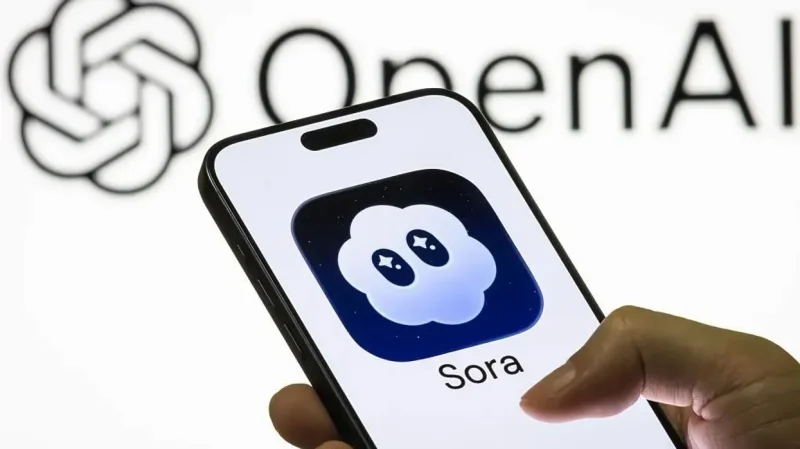
Sora’s handling of copyrighted and likeness-based content has also raised legal concerns. Some viral clips depict copyrighted characters, including Pokémon icons and movie scenes. One deepfake video humorously shows OpenAI CEO Sam Altman surrounded by Pokémon, joking, “I hope Nintendo doesn’t sue us.” Another controversial clip portrays Altman grilling and eating Pikachu — a parody that prompted further discussion on AI misuse and potential copyright infringement.
While companies like Nintendo have not yet announced lawsuits, several major tech firms, including OpenAI, are already entangled in legal disputes with authors and rights holders. In a notable case, rival AI company Anthropic agreed to pay $1.5 billion to settle claims it used copyrighted material to train its models.
Responding to the backlash, Altman wrote on October 4 that OpenAI is “learning quickly from how people are using Sora” and plans to “give rights holders more granular control” over how characters and likenesses are generated. He also hinted at the possibility of a future revenue-sharing model that could compensate creators whose work inspires AI-generated content.
Despite these assurances, many experts question whether rights holders will accept Altman’s framing of Sora videos as a new form of “interactive fan fiction.” The outcome may determine whether Sora becomes a revolutionary creative platform — or faces a storm of copyright lawsuits.
For now, Sora remains one of the most talked-about AI apps in the world — a symbol of both innovation and controversy in the age of generative media.
In other news also read about OpenAI’s New AMD Deal Marks Major Challenge to Nvidia’s AI Dominance


